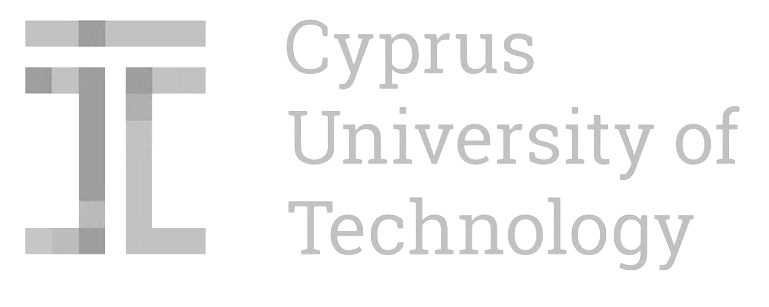Term 1: Spring Term (January-June) modules
- MGA 670 – Foundations of HCI (5 ECTS)
- MGA 671 – Interaction Design Methods (5 ECTS)
- MGA 672 – Developing Interactive Systems (5 ECTS)
- MGA 673 – Evaluating User Experience (5 ECTS)
- MGA 674 – Research Methods (5 ECTS)
- MGA 675 – Seminar I (5 ECTS)
Module descriptions
MGA 670 – Foundations of HCI (5 ECTS)
Course objectives: This course introduces students to the field of human-computer interaction focusing on the human side of the equation.
Course content: This course comprises seven modules: (a) Visibility, Affordances, Mapping, Constraints, Conceptual models; (b) Seven stages of action, Types of knowledge; (c) Feedback, Errors, Forcing Functions, Gestalt laws, Responsiveness; (d) The Human Processor Model, Fitts Law; (e) Interface Efficiency, KLM, GOMS; (f) State transition diagrams, Petri nets; (g) History and vision
MGA 671 – Interaction Design Methods (5 ECTS)
Course objectives: To obtain basic knowledge about principles and methods of interface and interaction design. To familiarize the students with the interaction design process and to develop group work skills.
Course content: Introduction to interaction design. Contextual inquiry. Personas. Scenario-based design. Involving stakeholders in the participatory design process. Developing user interface concepts and metaphors. Writing user stories. Paper prototyping. Testing the paper prototypes. User interface design patterns. User interface prototyping: tools and techniques. Developing user interface prototypes.
MGA 672 – Developing Interactive Systems (5 ECTS)
The course introduces the building blocks required for developing interactive systems, integrated development environments, UI development toolkits, and source code version control. The course will include both individual and group-based activities, which will provide students with hands-on experience of building functional prototypes. Course participants will be provided with support for deciding which platform to target in the development of their group project and will need to deliver a functional prototype by the end of the course. The course consists of the following modules: Building blocks of interactive systems; Development for smartphones and tablets; Development for smartwatches and smart TVs.
MGA 673 – Evaluating User Experience (5 ECTS)
Course objectives: The goal of the course is to highlight the experiential, affective, meaningful and valuable aspects of human-computer interaction as a complement to pragmatic attributes such as utility, ease of use and efficiency of the system.
Course content: User experience: concepts and terminology; User experience evaluation: methods, tools, metrics and criteria.
MGA 674 – Research Methods (5 ECTS)
Course objectives: To create opportunities for acquiring theoretical knowledge about various research approaches and to support developing ones ability to apply as well as to evaluate the effectiveness of the use of different research methods.
Course content: Understanding the preliminary considerations that go into selecting a qualitative, quantitative, or mixed methods research design, knowing the definition for the different research approaches,considering philosophical worldviews, reviewing the literature, understanding the use of theory, anticipating ethical issues, and developing writing strategies, writing an introduction, specifying a purpose statement, and developing research questions and/or hypotheses, methods and procedures for quantitative, qualitative, and mixed methods studies.
MGA 675 – Seminar I (5 ECTS)
The seminar I and II is intended to facilitate the student on focus on a specific interaction Design topic.

